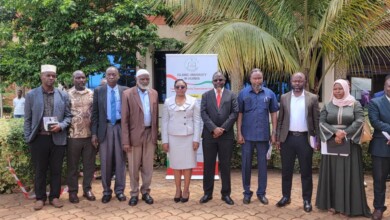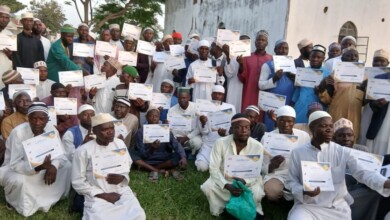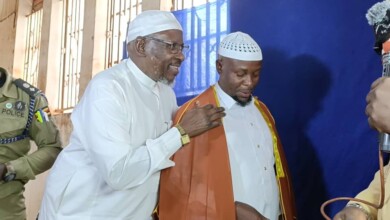Qataris to construct 25 mosques in West Nile

Qataris are set to construct 25 mosques worth millions of shillings in West Nile. The donation by the Qatar Foundation was secured upon lobbying by Alhajj Abu-Jaffar Sha’ban Karala, the Arua District Qadhi.
The project also includes the construction of 60 automatic Water facility and 200 boreholes in the sub region.
Sheikh Nasur Abdallah, the Secretary for Awqaf (Endowment) will oversee the distribution and implementation of the project in the Districts of Arua, Arua City, Terego, Maracha and Madi-Okollo.

Meeting officials at the Arua Muslim District headquarters, Saleh Ali Al-Shagsy, the Project Coordinator disclosed that, under the terms of the project, the donors will build 25 mosques of varying sizes depending on the land size and number of Muslims in the community.
He said each mosque comes complete with a 2-room house, and a machine borehole. Al-Shagsy added that 35 other machine boreholes will be drilled in areas with serious water need, taking the overall total of machine boreholes to 60. The Foundation will drill a further 200 hand pumped boreholes to enhance and alleviate the water shortage situation in many parts of Arua Muslim District.

The Awqaf secretary and a team from Old Kampala together with Al-Shagsy are traversing the five administrative districts that constitute Arua Muslim District, to identify particular sites where the projects will be implemented.
Under the draft agreement, each Muslim County is set to receive at least one mosque project, and two hand pumped boreholes, with the rest of the projects targeting vulnerable societies like Muslim schools and prisons.






